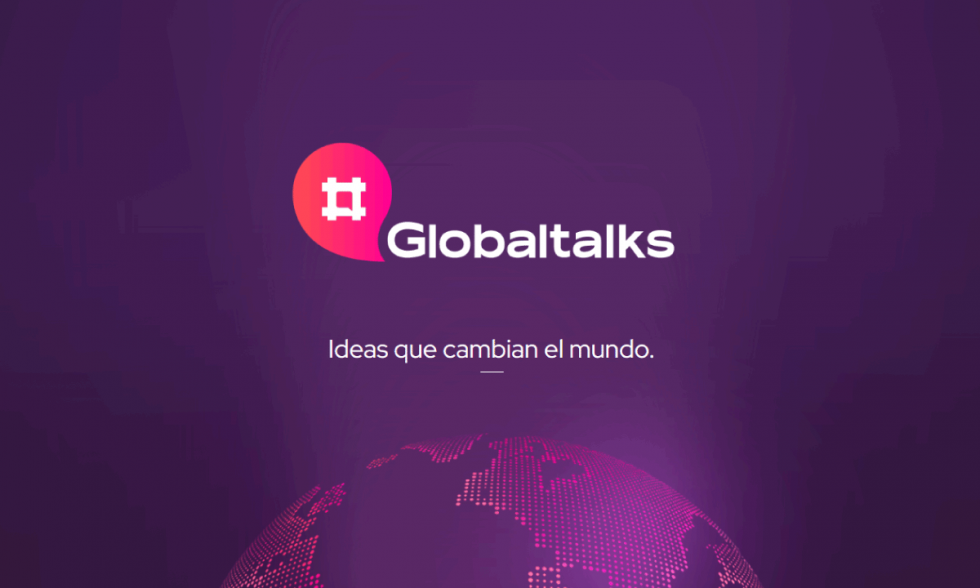Artificial Intelligence Shows Limited Impact on Jobs, According to New York Fed
Artificial intelligence (AI) is rapidly transforming workplaces, yet a recent report from the New York Federal Reserve indicates that its impact on job losses has been minimal so far. While AI adoption has increased across multiple sectors, companies have largely chosen to retrain employees and adapt workflows rather than eliminate positions. This trend demonstrates that AI can serve as a tool to enhance productivity and innovation without destabilizing employment.
The report emphasizes that AI integration is gradual and strategic, enabling organizations to improve efficiency while preparing their workforce for technological changes.
AI Adoption Across Industries
According to the report, 40% of service-sector companies and 26% of manufacturing firms in the New York Fed region implemented AI over the past year, up from 25% and 16% the previous year. AI is primarily applied in data analysis, customer service, logistics, and internal process automation, enabling companies to optimize operations and reduce costs.
Medium and large enterprises lead adoption, benefiting from the resources to integrate sophisticated AI systems and provide employee training. Smaller businesses tend to adopt AI more gradually, often through cloud-based tools or targeted software solutions. This reflects a pattern in which companies with higher investment capacity implement technology more rapidly and deeply, maximizing potential efficiency gains.
Workforce Retraining and Adaptation
Instead of widespread layoffs, many organizations have invested in retraining programs to prepare employees for AI-driven workflows. These programs allow workers to acquire digital skills, manage automated systems, and analyze AI-generated outputs.
For example, in the service sector, employees previously handling routine tasks are now responsible for supervising automated customer service systems and interpreting data insights. In manufacturing, workers are learning to operate and maintain intelligent machinery, reducing errors and enhancing productivity. This approach shows that AI complements rather than replaces employees, fostering a more flexible and skilled workforce.
Strategic and Productivity Benefits
Integrating AI enables companies to optimize resources, reduce operational costs, and accelerate decision-making. In logistics, finance, and retail, AI-driven automation has led to improvements in accuracy, efficiency, and responsiveness.
AI also drives innovation by allowing organizations to develop personalized products and services, anticipate market trends, and enhance data-driven decision-making. These capabilities translate into competitive advantages, as companies can respond more quickly to dynamic market demands while improving customer experience.
Future Risks and Considerations
While immediate employment impacts remain limited, the report warns that AI’s deeper integration may lead to workforce restructuring in the coming years. Automation of complex tasks and process optimization could redefine hiring requirements and employee roles.
Business leaders must balance technological efficiency with workforce management strategies, ensuring AI adoption does not erode trust or motivation. Investment in skill development and retraining will be critical to sustaining productivity and minimizing potential labor conflicts.
Economic and Competitive Implications
Strategic AI adoption directly affects productivity and corporate competitiveness. Companies that combine technological innovation with workforce development are better positioned to enhance margins, streamline operations, and remain agile in competitive markets.
Conversely, organizations that implement AI without adequate training or strategic planning risk inefficiencies, internal conflicts, or reputational challenges. Balancing innovation with employee development will determine which companies thrive in a technology-driven economy.
Closing Perspective
The New York Federal Reserve report illustrates that AI adoption can support business growth without triggering large-scale layoffs. Focusing on retraining and skill development enables companies to integrate AI responsibly, leveraging its benefits for productivity, innovation, and competitiveness.
As AI continues to evolve, educational institutions, businesses, and policymakers must collaborate to ensure that workforce adaptation keeps pace with technological progress. By combining innovation with ethical and strategic implementation, AI can enhance learning, professional development, and economic resilience across industries.
Source: Reuters
Related Articles

The most recent edition of GlobalTalks brought together entrepreneurs from around the world to examine the role of personal branding in strengthening business growth and digital visibility. The event was led by branding specialist and award-winning marketing professional Miriam Collado.

Online specialization programs have become a powerful catalyst for professional growth worldwide. International institutions are responding by offering advanced learning pathways that align with global workforce demands.

Jeff Bezos has launched Project Prometheus, a new artificial intelligence company aiming to compete with the world’s leading developers of advanced AI systems. The venture begins with a strong international hiring strategy and ambitions to influence the direction of global AI research.
Todos los derechos reservados

Comentarios